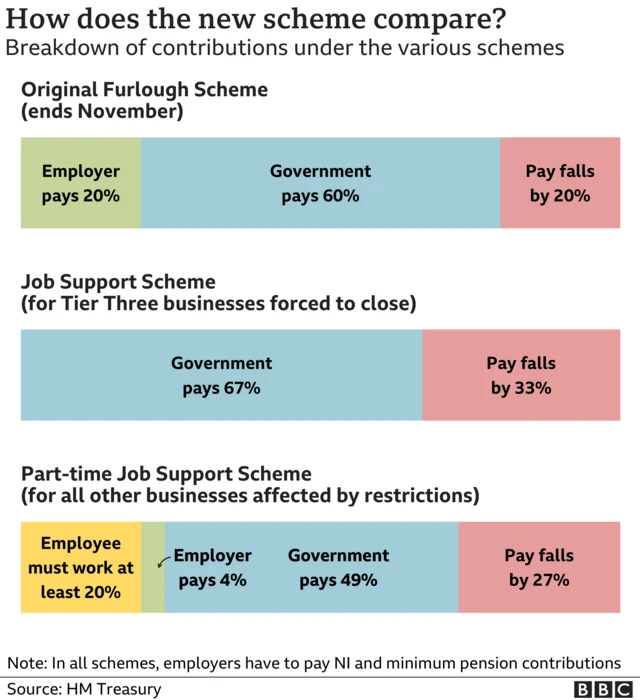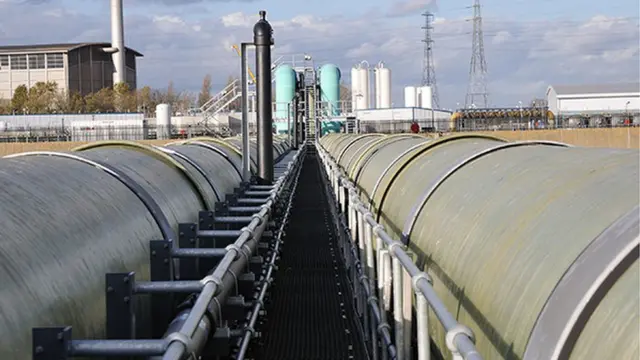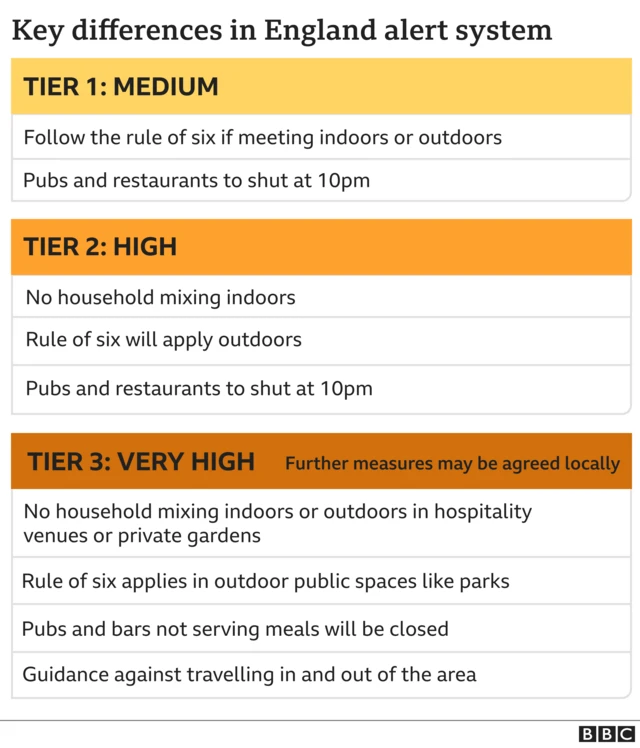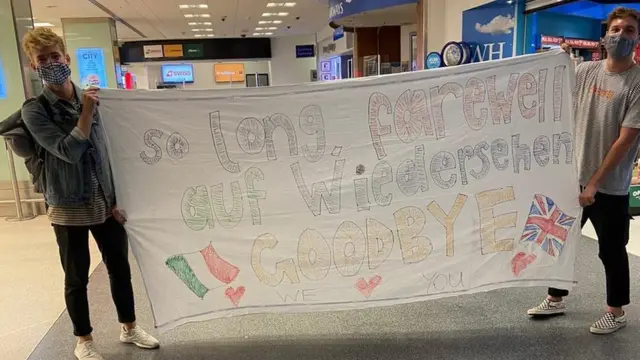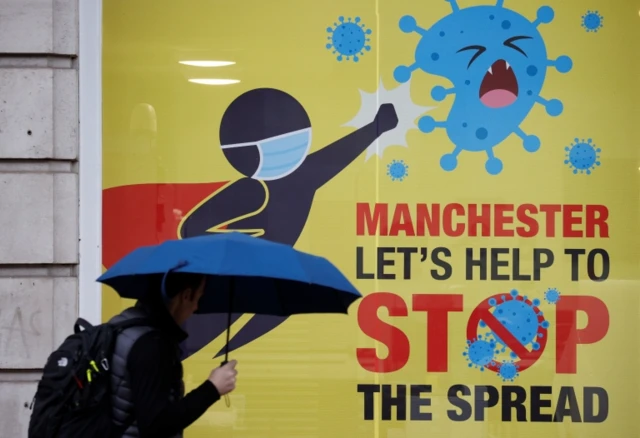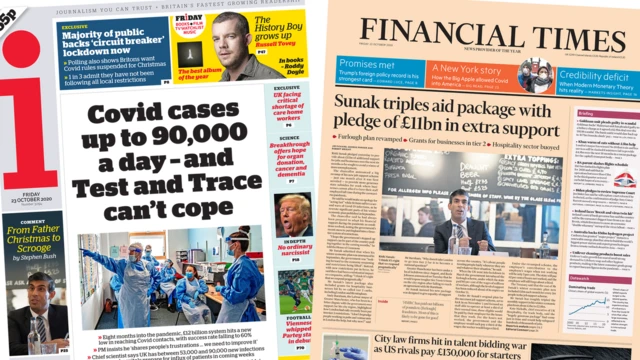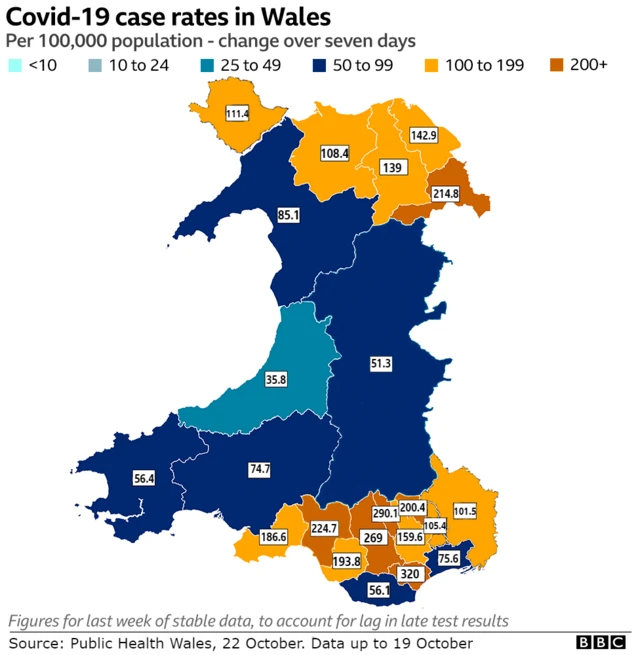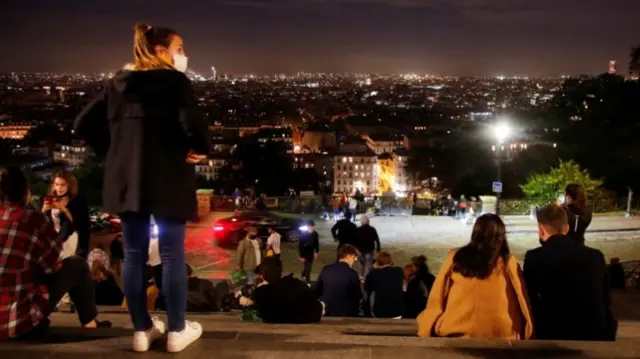Nottingham hospitals postpone surgery amid Covid risepublished at 11:01 BST 23 October 2020
A "dramatic increase" in the number of patients with Covid-19 has led hospitals in Nottingham to postpone some non-urgent operations.
More than 200 patients at the hospitals have tested positive for coronavirus - 16 are in a critical condition, and some have died.
Nottingham University Hospitals NHS Trust's chief executive Tracy Taylor said a "full ward of people" were arriving to the Queen's Medical Centre and City Hospital each day.
She said the surge in patients was "similar to April" and some non-urgent surgery will be postponed until at least 6 November.
It comes as officials in Nottingham and Nottinghamshire are in discussions about whether the areas will move into tier three restrictions.
